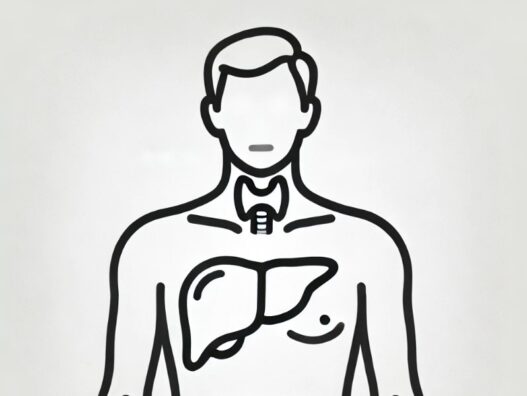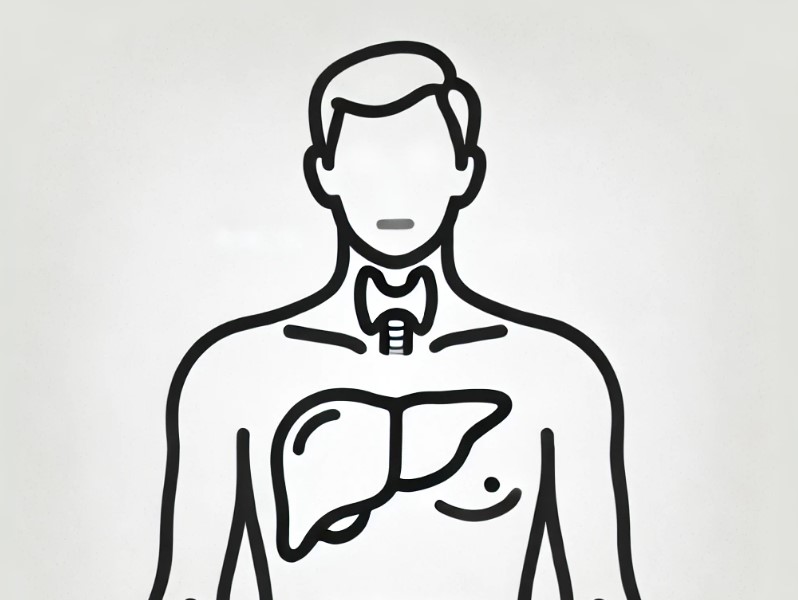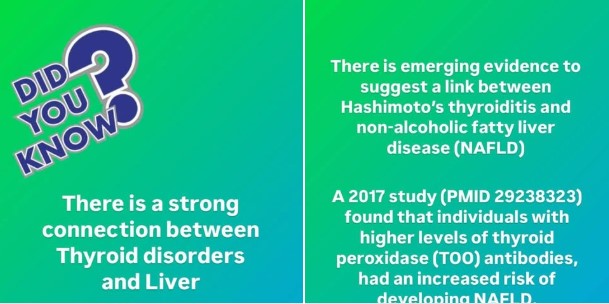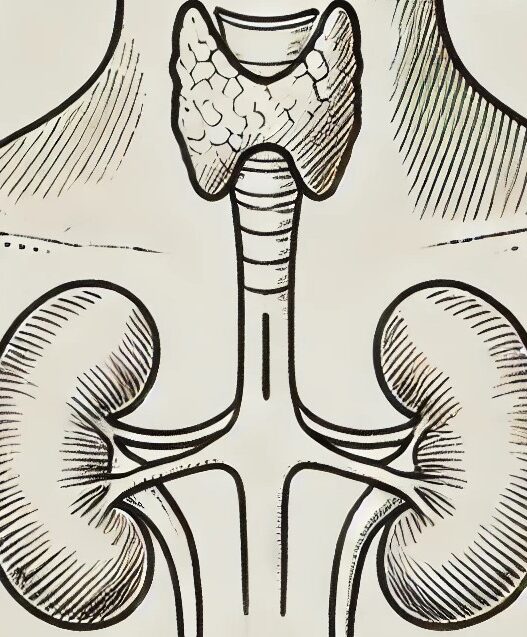Hashimoto's and Liver Health: Understanding the Connection
Living with Hashimoto’s thyroiditis can be challenging, especially when combined with liver health issues. In my experience, understanding the relationship between these two systems is crucial for better health management.
The Overlap Between Hashimoto's and Liver Health
Hashimoto’s is an autoimmune disorder where the immune system attacks the thyroid, causing hormonal imbalances. Meanwhile, the liver plays a key role in hormone metabolism, detoxification, and immunity. A compromised liver can worsen Hashimoto’s symptoms, and Hashimoto’s can stress the liver.
For example:
- The liver converts T4 to the active T3 thyroid hormone. A sluggish liver may lower T3 levels, increasing fatigue.
- Chronic inflammation from Hashimoto’s can burden the liver, contributing to non-alcoholic fatty liver disease (NAFLD) or other liver problems.

Liver Function Tests for Hashimoto's and Liver Health
To manage both Hashimoto’s and liver health effectively, it’s important to monitor liver function regularly. Here are some essential liver tests that can help assess liver health:
Liver Function Tests (LFTs):
- Alanine Aminotransferase (ALT): Elevated ALT levels can indicate liver inflammation or damage.
- Aspartate Aminotransferase (AST): AST is another enzyme that rises when liver cells are damaged, signaling liver issues.
- Alkaline Phosphatase (ALP): ALP helps identify potential bile duct problems, with elevated levels suggesting blockage or damage.
- Bilirubin: High bilirubin levels may point to liver dysfunction, leading to jaundice (yellowing of the skin and eyes).
- Albumin and Total Protein: Low levels of these proteins can signal impaired liver function or chronic liver disease.
- Gamma-glutamyl Transferase (GGT): Elevated GGT levels can indicate liver or bile duct problems, commonly seen in liver diseases.
Hepatitis Panel
A screening for viral hepatitis (A, B, and C) to check for liver infections that can affect liver health.
Prothrombin Time (PT) / International Normalized Ratio (INR)
These tests evaluate blood clotting. If the liver is not functioning properly, it may not produce enough clotting factors, causing longer clotting times.
Liver Ultrasound
This imaging test detects liver enlargement, fatty liver (NAFLD), or signs of cirrhosis and helps assess liver health non-invasively.
FibroScan (Transient Elastography)
This test measures liver stiffness, which can indicate liver fibrosis or cirrhosis.
How Often to Test
- Healthy individuals generally undergo liver function tests every 6 to 12 months.
- For those with Hashimoto’s or liver disease, testing may be done more frequently, typically every 3 to 6 months, to closely monitor liver function.
Regular liver function tests, along with your thyroid health monitoring, can help you stay on top of both autoimmune and liver conditions, ensuring a holistic approach to wellness.
Lifestyle and Dietary Support for Both Conditions
Managing both Hashimoto’s and liver health requires a holistic approach. Here are some actionable tips:
- Anti-Inflammatory Diet: Focus on nutrient-dense, anti-inflammatory foods. The AIP (Autoimmune Protocol) diet, excluding gluten, dairy, and processed sugars, has been essential for my healing journey.
- Liver-Supportive Foods: Include leafy greens, cruciferous vegetables, and beets. These foods support liver detoxification and are gentle on the gut.
- Adequate Protein: The liver needs amino acids to function properly. I recommend incorporating bone broth or fish, which are easy to digest.
- Limit Toxins: Minimize exposure to environmental toxins, alcohol, and unnecessary medications, which can strain the liver.

The Role of Functional Medicine
Functional medicine looks for the root causes of health issues. Through functional medicine, I explored liver function tests and personalized my thyroid treatment plan. Additionally, using low-dose naltrexone (LDN) helped modulate my immune system, benefiting both thyroid and liver health.
Empowering Others on Their Journey
In my book, From Pain to Wellness: Overcoming Autoimmune Diseases, An Undisclosed Epidemic, I dive deeper into managing autoimmune diseases, including Hashimoto’s and liver issues. I share practical advice on diet, stress management, and sleep—key factors in holistic health.
If you’re struggling with Hashimoto’s or liver issues, remember, it’s a journey, not a sprint. With the right approach and mindset, you can achieve wellness.
If you liked this article, leave a comment below!
You might also want to read these related posts on supporting thyroid health and managing autoimmune conditions:
Take charge of your health today! Explore the AIP diet, support your liver, and empower yourself through holistic care. Don’t wait—your path to wellness begins now.




















